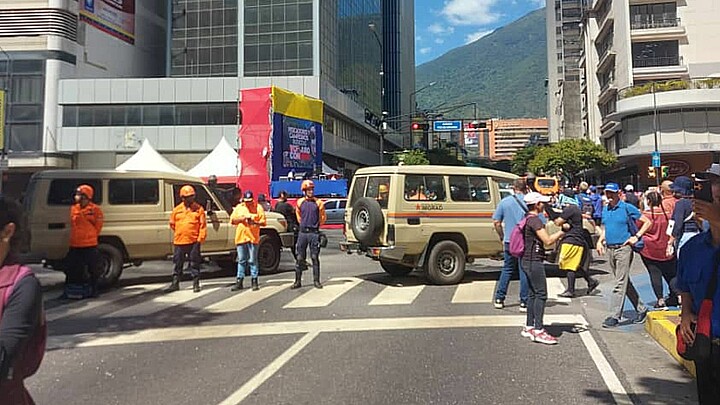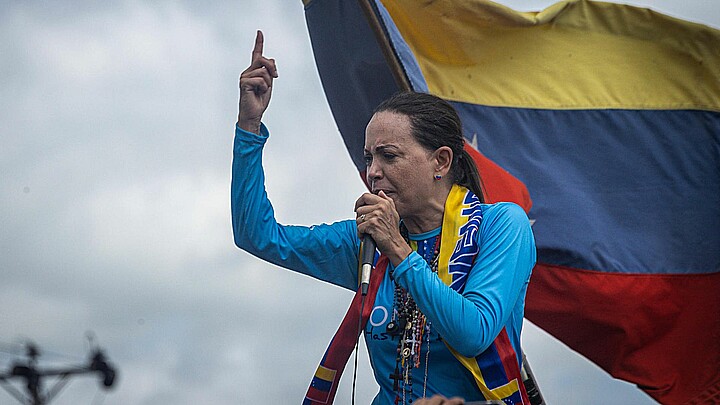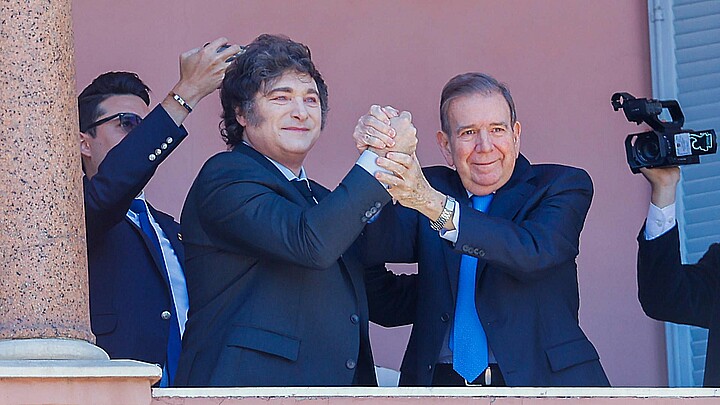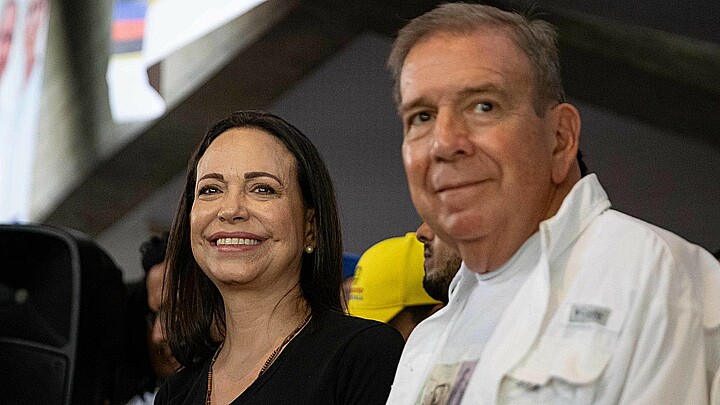Politics
U.S. makes deal with Maduro to ease oil sanctions for freer elections, trusts communist dictator
Maduro’s current presidency is widely viewed as the result of past fraudulent elections
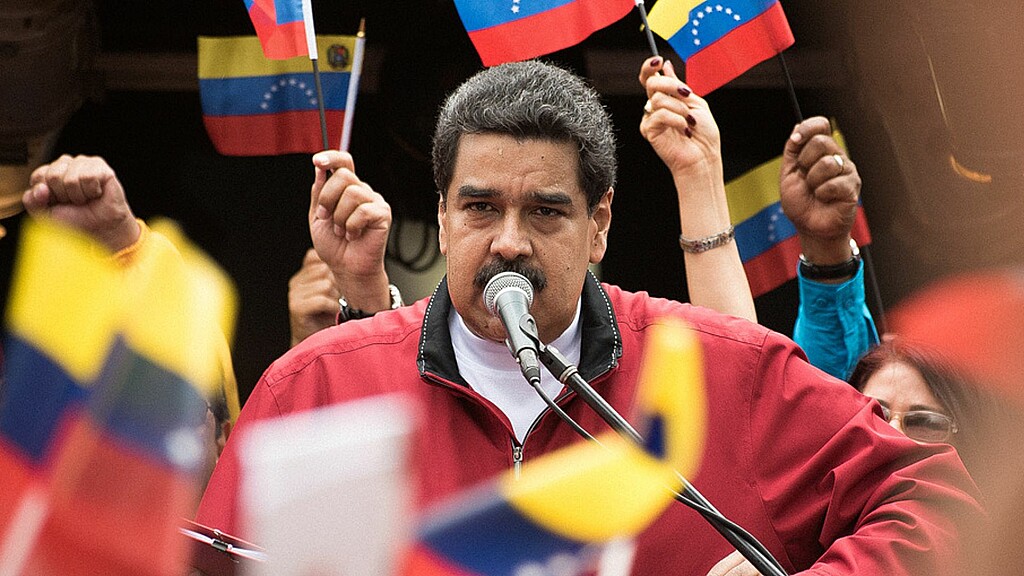
October 18, 2023 9:56am
Updated: October 19, 2023 8:12am
The Biden administration entered into a deal with the communist Maduro regime in Venezuela to ease oil sanctions in exchange for the dictatorship to purportedly allow international observers to monitor next year’s presidential election, according to reports.
The new policies was formally announced after Washington signed an agreement Tuesday with the Venezuelan dictatorship in the capital of Barbados, Bridgetown, and were negotiated by Norway with two U.S. officials in attendance.
Maduro’s current presidency is widely viewed as the result of a fraudulent election in 2018.
The U.S. refused to recognize the results and then Secretary of State Mike Pompeo tweeted, “Sham elections change nothing. We need Venezuelan people running this country … a nation with so much to offer the world.”
Fourteen Latin American nations and Canada also declared Maduro’s purported victory fraudulent. The communist dictator took power in 2013 after the death of his predecessor, Hugo Chavez who reigned for more than a decade since 2002.
As part of the new agreement, Maduro is required to lift bans on opposition candidates although it is not clear how quickly those prohibitions will be lifted, and how much time the candidates will have to campaign.
But Maduro has made similar promises in the past and reneged.
In 2021, European Union observers traveled to Venezuela’s to monitor regional elections, but were blocked and subsequently reported that the voting processes “were marked by an excessive use of state resources in the campaign, unequal access to the media, voter coercion on election day and the arbitrary disqualification of candidates.”
Shortly after that election, U.S. Secretary of State Antony Blinken said the Maduro regime had “deprived Venezuelans yet again of their right to participate in a free and fair electoral process” and “grossly skewed the process.”
Since Maduro took power in 2013, his socialist PSUV party has taken control of critical government institutions, and even cracked down on control over the judiciary, supreme court and electoral council.
Juan Guaidó became internationally recognized as interim president in 2019 and set up a parallel democratic government, but it has since diminished and the government he once led dissolved by 2022.
Since April, Guaidó has been living in exile in the United States and the Venezuelan attorney-general, who sides with Maduro, has issued a warrant for his arrest.
Maduro is expected to run for another term in office in 2024.
Many of the opposition parties that have contested past elections are aiming to challenge Maduro next year, and are planning on holding a primary on Sunday to choose one candidate to rally behind.
So far, the opposition’s favorite is María Corina Machado, but the communist dictatorship’s comptroller general banned her from holding public office for 15 years.
Machado has still declared herself the opposition's “unity candidate” despite the ban, and has said that if she is selected, she hopes to create enough movement for the international community to compel the Maduro regime to reverse the ban.
Qatar has been credited for helping facilitate the recent negotiations between Maduro and the United States.
Maduro has publicly attacked the U.S. with Soviet rhetoric, accusing it of being an “imperialist aggressor,” but that didn’t stop it from negotiating with Washington to remove oil sanctions.

